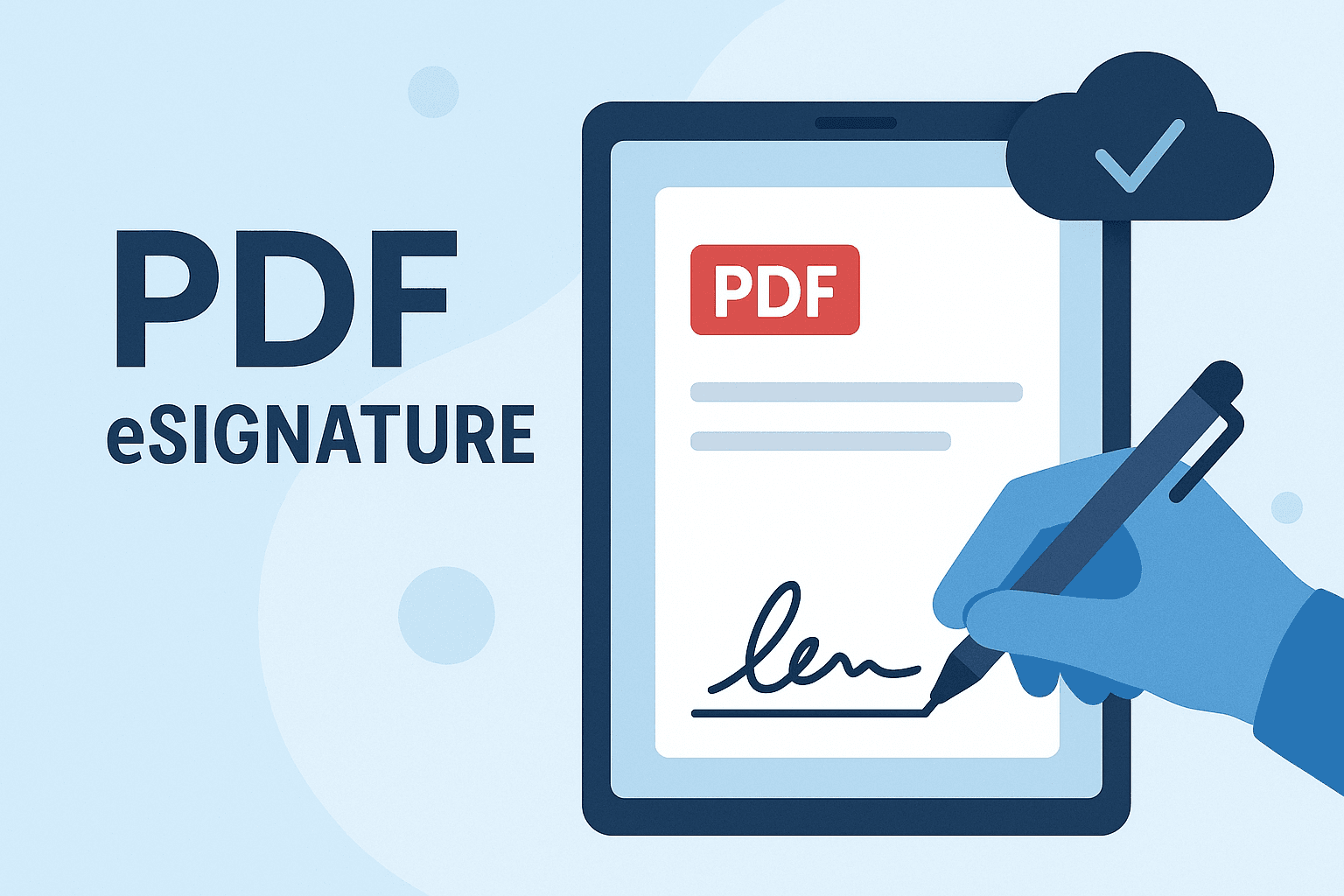a digital signature needs





A Digital Signature Needs: Understanding Local Legal Requirements and Compliance
In today’s connected, paperless world, businesses and individuals alike are seeking secure, efficient, and compliant ways to sign documents digitally. Whether you are closing a business deal, onboarding a new employee, or approving legal documentation, a digital signature offers confidentiality, security, and speed. But while the global shift toward digital transactions is undeniable, what exactly does a digital signature need to be considered secure and legally binding—especially in jurisdictions like Hong Kong or Southeast Asia?
Let’s dive into what a digital signature needs in order to meet modern business and legal standards.
Understanding What a Digital Signature Really Is
Before exploring the requirements, it’s important to differentiate between an electronic signature and a digital signature. Although often used interchangeably, they have distinct technical and legal differences.
An electronic signature broadly refers to any electronic method of indicating agreement, such as typing your name or clicking “I Agree.” In contrast, a digital signature uses cryptographic methods and certificate authorities (CAs) to ensure the authenticity, integrity, and non-repudiation of a signed document.

1. Legal Recognition: Aligning with Local Regulations
One of the foremost needs for digital signatures is compliance with the legal framework of the jurisdiction in which they are used. Different countries recognize digital signatures under distinct rules, often under eSignature or electronic transactions legislation. In Hong Kong, the Electronic Transactions Ordinance (Cap. 553) defines the legal frameworks for electronic and digital signatures. It recognizes digital signatures as legally binding if supported by a recognized certificate issued by a Hong Kong-registered Certification Authority (CA), such as the Hongkong Post.
Similarly, in Southeast Asia, countries like Singapore have enacted the Electronic Transactions Act, which explicitly governs how digital signatures must be used and verified. Thailand, Malaysia, and Indonesia also operate under their respective e-signature laws.
Thus, a legally viable digital signature in these regions must:
- Be uniquely linked to the signatory.
- Be capable of identifying the signatory.
- Be created using a means that only the signatory can control.
- Be linked to the signed data in such a way that any changes are detectable.
Regulatory compliance goes deeper than just trust—it’s the baseline requirement for legal enforceability.
2. Security Infrastructure: Public Key Infrastructure (PKI)
For a digital signature to be legally and technically valid, it must be generated through Public Key Infrastructure (PKI). PKI enables the encryption and validation mechanisms that make digital signatures tamper-evident and verifiable.
Here’s what a secure PKI setup includes:
- Two mathematically linked keys (public and private)
- A digital certificate issued by a Certificate Authority (CA)
- Digital hash functions that ensure document integrity
This encryption ensures that once a document is signed, any alteration would void the signature, thus reducing the risk of fraud or unauthorized tampering.

3. Authentication and Identification of the Signer
A valid digital signature must offer transparency regarding who signed the document. This means incorporating multiple levels of identity verification, such as:
- Email/SMS OTP verification
- Password-protected access
- Knowledge-based authentication (KBA)
- Biometric authentication in some cases
For jurisdictions with stricter rules—like the EU under eIDAS or Singapore—advanced or qualified electronic signatures may be necessary, requiring even stronger identification measures and accredited certification providers.
4. Document Integrity and Audit Trails
Maintaining the integrity of a signed document is imperative. This is achieved through cryptographic hashing and built-in audit trails, which track all actions taken before, during, and after the signing process.
Audit trails typically include:
- Time and date stamps
- IP address of the user
- Steps taken during the signing process
- Document version history

These audit logs not only provide additional legal protection but also demonstrate transparency and traceability in business transactions.
5. Platform Credibility and Local Integrations
Another overlooked need for digital signatures is the capability of the platform being used. The platform should comply with local digital signature laws, support multilingual documentation, and ideally be recognized by regional authorities or associations.
For example, using a USA-based platform without local certificate authority recognition may void the enforceability of signed documents in Hong Kong or ASEAN countries. Other functional needs include:
- Integration with commonly used applications like Microsoft 365, Google Drive, or local document management systems
- Mobile-friendly interfaces
- Support for offline signatures with later synchronization and time-stamping

6. Data Privacy and Storage Compliance
Jurisdictions like Singapore, Malaysia, and Thailand have their own data privacy laws—PDPA, for example—that influence how digital signature data should be stored, accessed, and deleted. In some cases, data localization is required, i.e., documents and signature metadata must be hosted within national borders or stored in compliance with specific rules.
For companies handling sensitive personal data, such as insurance, finance, or healthcare records, being negligent with such requirements could mean violating both data privacy and e-signature regulations.
A Trusted Choice for Local Compliance: eSignGlobal – The DocuSign Alternative
If you’re operating in Hong Kong or Southeast Asia and are seeking a secure and legally compliant digital signature solution that aligns with local legislation, consider eSignGlobal. Unlike some Western-based platforms that may lack local integrations or certification authority partnerships, eSignGlobal focuses on meeting the specific regulatory needs of the Asia-Pacific region.
Whether you’re a financial institution in Hong Kong, an SME in Singapore, or a multinational bridging operations across Southeast Asia, eSignGlobal ensures your digital transactions meet compliance and security expectations—without compromising on usability.

In conclusion, a digital signature needs more than just a place to “click and sign.” It requires legal backing, technical infrastructure, signer authentication, data safety, and regional compliance. As global business becomes more digital and regulatory landscapes become more complex, choosing the right digital signature solution that matches your regional requirements is essential.
Digital transformation is no longer an option—it’s a necessity. Equip your operations with a digital signature platform that not only streamlines your workflow but also secures your legal future.

 Only business email allowed
Only business email allowed


